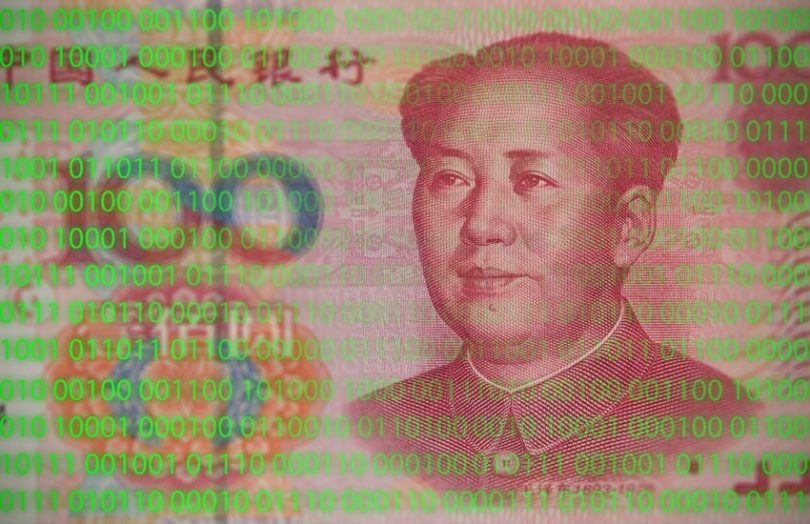There’s been significant speculation after Chinese President Xi Jinping voiced his support for blockchain. Both cryptocurrencies and technology companies received a boost following the news. However, the country has been a significant critic of cryptocurrency, and the stand has been affirmed by a politically approved report published by China Electronic Banking Network (Cebnet).
On Friday Cebnet released a 2018 article written by Sheng Songcheng, Counselor of the Shanghai Municipal People’s Government and the former Director of the Survey and Statistics Department of the People’s Bank of China. The central bank is widely expected to issue a Central Bank Digital Currency soon, which will not leverage blockchain because the bank believes it is not sufficiently scalable.
In his writing, Songcheng stressed the need to develop practical applications to serve the economy, instead of looking at blockchain to replace the current financial systems.
The official made the argument that currency needs to be compulsorily centralized. Elaborating on this point, Songcheng says currency is an essential aspect of monetary policy of a country. Economies are dependent on the monetary policy of a central bank, and any changes reflect in almost all business sectors in the country. In essence, he asserts that a central authority is essential to control the interest rates, exchange rates, prices, employment and economic growth of a nation. Adopting a decentralized cryptocurrency means giving up on the monetary policy of a country, which Songcheng says will not happen in the foreseeable future.
While blockchain for fintech is thriving at the moment, Songcheng believes its best not to target distributed ledger technology (DLT) at the financial sector. He says blockchain does not present any additional gains over the present economic structure. Particularly given the state stands behind most national currencies.
On the other hand, Songcheng said the current system is tried and tested for security and can process relatively larger transaction volumes. The current system is also adept at achieving anti-money laundering and anti-tax evasion compliance.
But Songcheng’s view of blockchain is not entirely gloomy. He believes the characteristics of decentralization and anti-tampering will help establish trust between parties and reduce transaction costs. Blockchain could be used for public service such as copyrights, property rights, issuing certificates and ensuring the authenticity of artworks.
Another point he made was the cost of research and development in creating a blockchain application. “In other words, can the benefits of our blockchain technology exceed its R&D and application costs? At this point, it seems that not many people are considering this,” said Songcheng.
His message was clear. Blockchain can be beneficial outside of finance but provided the benefits exceed the contents. But don’t rock the boat when it comes to currencies.
China is leading the way for blockchain development. A few weeks ago, the country launched a nationwide blockchain service network (BSN) or blockchain hosting platform. Last week, Beijing tech hub Zhongguancun said it plans to roll out financial subsidies for blockchain firms.
Meanwhile, a local government in a Chengdu district recently announced the launch of a blockchain platform for cross-border trade. In South China’s Shenzhen district, the local tax department is working with Tencent on blockchain tax invoices.






